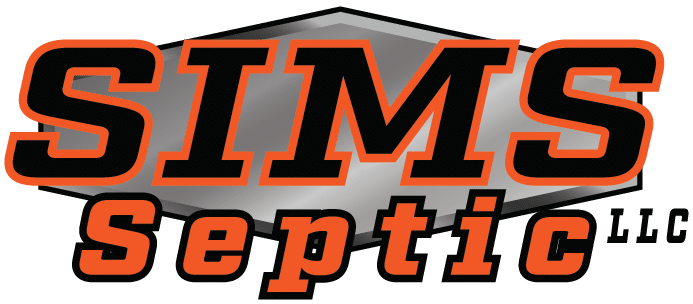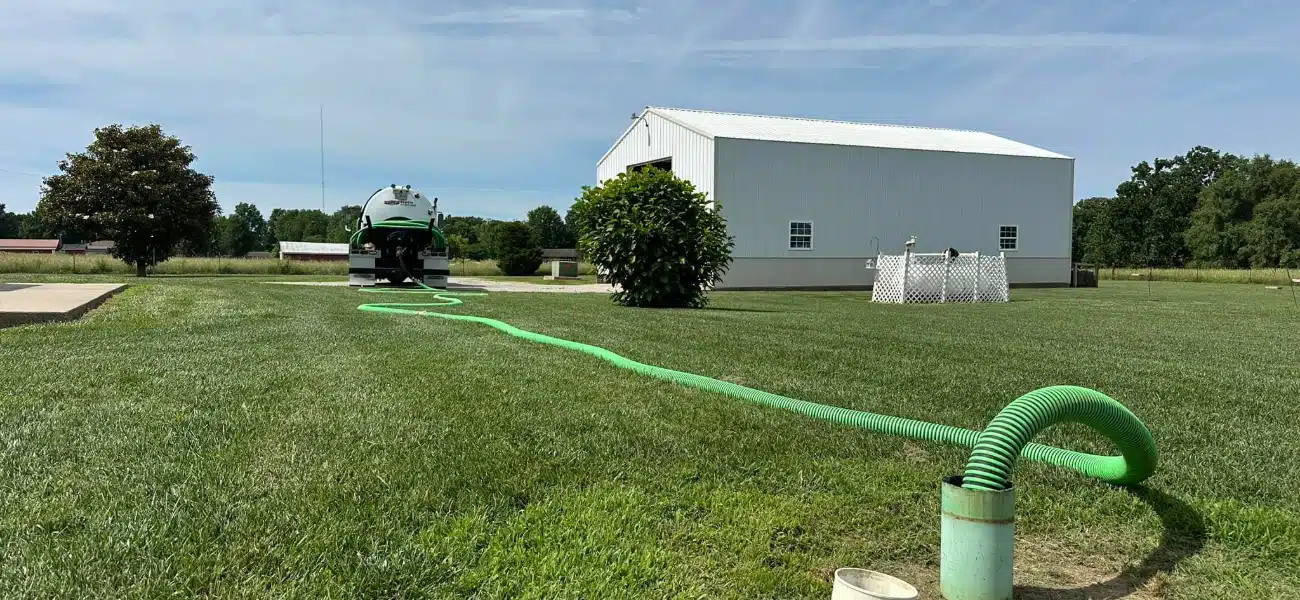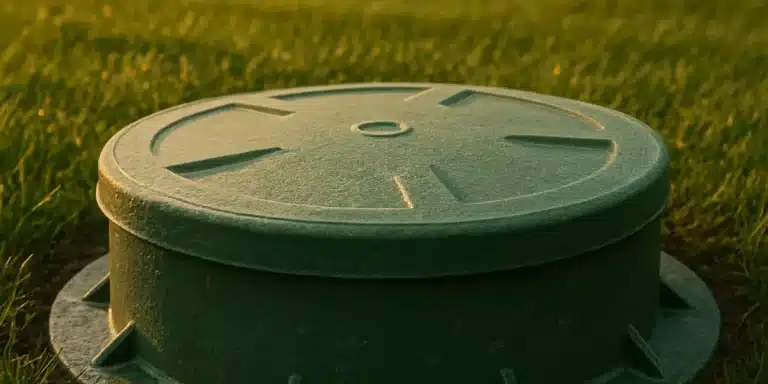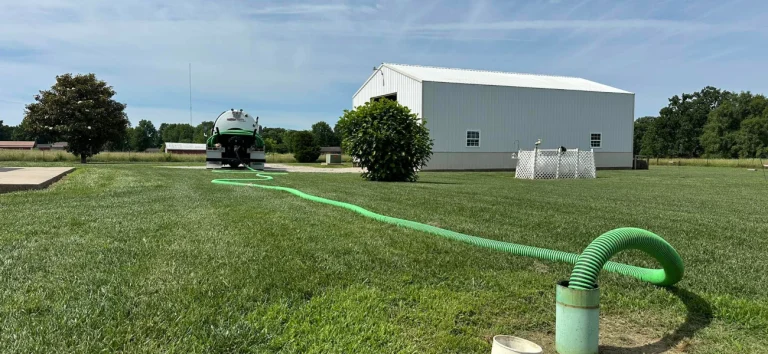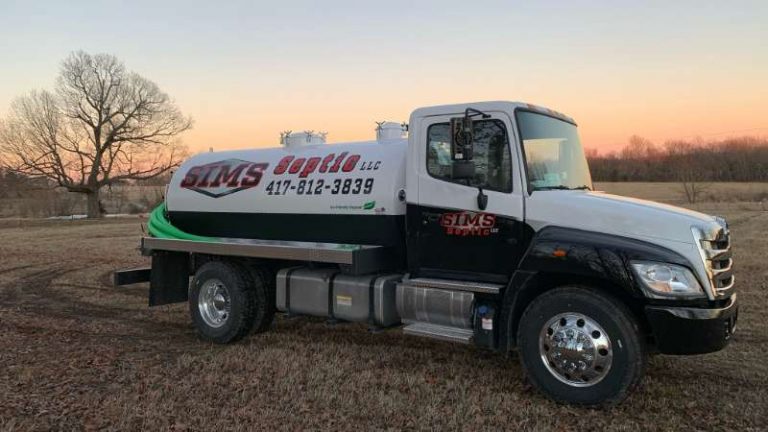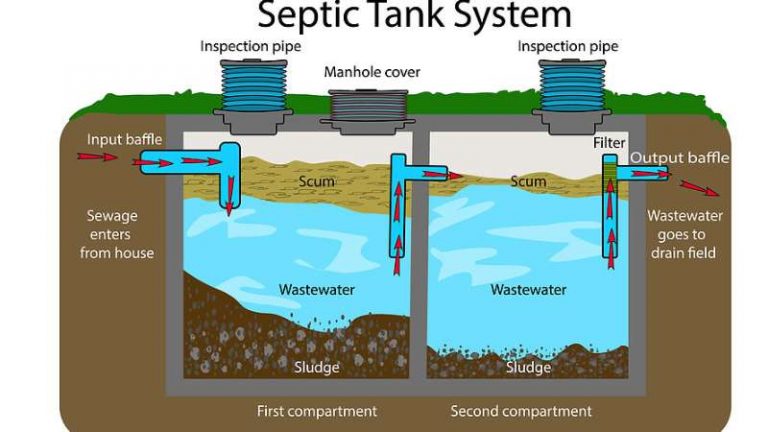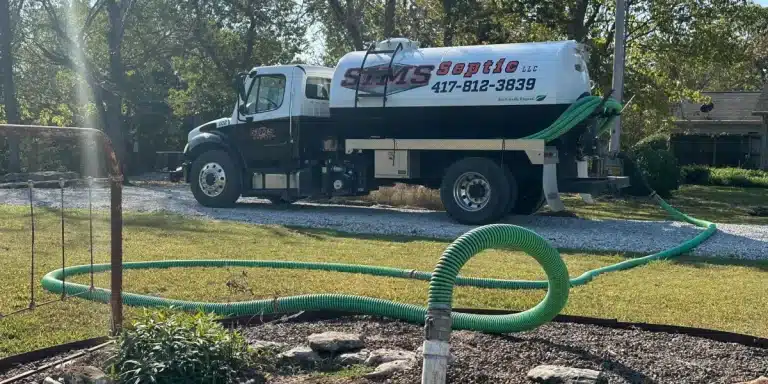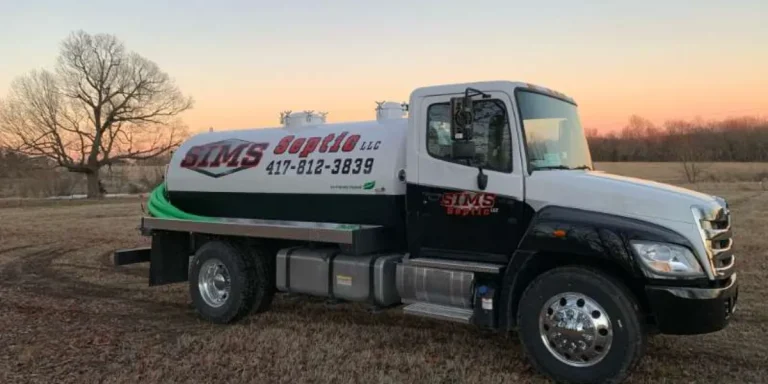How To Properly Maintain Your Septic Tank
Septic tanks are one of those systems you don’t think about—until there’s a problem. But regular septic tank maintenance isn’t just a good idea—it’s essential to avoid backups, bad smells, property damage, and costly repairs.
Whether you own a home in Everton or manage a property in Springfield, knowing how to properly maintain your septic tank can help you avoid emergencies and extend the life of your entire system. At Sims Septic LLC, we provide the inspections, pumping, and repairs you need to keep everything flowing smoothly.
Why septic maintenance matters
Your septic system is responsible for managing all the wastewater that flows out of your home—from sinks, toilets, showers, laundry machines, and dishwashers. It quietly treats and disposes of that water underground, protecting your family, your property, and the environment. But like any system, it needs regular care to function properly.
When a septic system is neglected, it doesn't just stop working—it creates serious problems that are expensive, messy, and often avoidable. Over time, solids accumulate in the septic tank. If those solids aren’t removed through routine septic tank pumping, they begin to clog the system and damage other components.
Common consequences of poor septic maintenance include:
-
- Sewage backups into toilets, bathtubs, and household drains
- Flooded or saturated drain fields that no longer absorb wastewater
- Persistent sewage odors inside your home or around the yard
- Soil and groundwater contamination, which can pose health risks and violate local environmental regulations
- Structural damage to tanks, pipes, and other buried components
These aren’t minor inconveniences—they’re serious issues that can cost thousands of dollars to repair or replace. Even worse, many of them can go unnoticed until the damage is done.
At Sims Septic LLC, we help homeowners and business owners across Southwest Missouri prevent these problems through routine, affordable maintenance services. This includes:
-
- Septic tank pumping to remove built-up sludge and extend system life
- Septic inspections to identify leaks, blockages, or signs of failure before they cause property damage
- Septic system repairs to fix cracked tanks, broken lids, baffles, and failed drain lines
- Lift station pumping and septic dose pump repairs for systems that rely on pumps to move wastewater uphill
- Septic riser and lid installation to make future access easier, faster, and less disruptive
By staying ahead of problems, you protect your investment and ensure your septic system continues running safely and efficiently for years to come.
How to properly maintain your septic tank
Maintaining your septic system isn’t difficult—but it does require consistency and a bit of awareness. A well-maintained system will serve your home reliably for decades, while a neglected one can cause costly, unpleasant problems.
Follow these steps to keep your system running efficiently year-round:
1. Pump the tank regularly
The single most important thing you can do for your septic system is schedule regular septic tank pumping. Over time, solids accumulate inside the tank and must be removed to keep the system balanced.
Most households need pumping every 3 to 5 years, but some properties may require more frequent service.
Pump more often if:
-
-
- You have a small tank and a large household
- You frequently use a garbage disposal, which increases solid waste
- The system receives additional input from laundry hookups or a hot tub
- You own a rental, business, or multi-family property with higher-than-average usage
-
Sims Septic LLC offers dependable, on-time septic pumping throughout Southwest Missouri. We’ll review your tank size, water usage, and household habits to recommend a maintenance schedule that keeps your system functioning safely and efficiently.
2. Schedule regular inspections
Even if your system appears to be working well, it’s still important to schedule professional septic system inspections every 1 to 2 years. These inspections help detect small issues before they lead to major failures.
During a routine inspection, Sims Septic LLC will:
-
-
- Measure sludge and scum levels in the tank
- Inspect the tank for cracks, leaks, or structural damage
- Check the flow between the home and the septic tank
- Evaluate the health of the drain field
- Ensure lift stations and dose pumps are working correctly
-
Inspections are especially valuable before selling or purchasing a home, after long periods of heavy rain, or if you’ve gone several years without service.
3. Protect your drain field
The drain field is your septic system’s last line of treatment—and it’s one of the most vulnerable. When properly maintained, it allows treated wastewater to safely filter into the soil. When damaged or oversaturated, it can lead to backups, foul odors, and long-term system failure.
To protect your drain field:
-
-
- Never park vehicles, trailers, or equipment on it
- Divert roof runoff, sump pumps, and landscape drainage away from the area
- Avoid planting trees or shrubs with invasive root systems nearby
- Do not cover it with concrete, gravel, or other impermeable materials
-
If you notice soggy ground, unusual plant growth, or standing water near your drain field, Sims Septic LLC can perform a full assessment and recommend drain field repairs or improvements to resolve the issue.
4. Be smart about water use
Conserving water not only helps your utility bill—it also helps prevent system overload. Using too much water at once can flood the septic tank and push solids into the drain field, where they don’t belong.
Best practices include:
-
-
- Installing low-flow toilets, faucets, and showerheads
- Running only full loads in the dishwasher and washing machine
- Spacing out heavy water usage across the day
- Fixing any leaking faucets or running toilets immediately
-
Smart water habits help your system work efficiently and reduce stress during rainy seasons or periods of high use.
5. Watch what goes down the drain
Your septic system relies on beneficial bacteria to break down and process waste. Putting the wrong things down your drains can kill those bacteria or clog the system.
Never flush or drain:
-
-
- Wipes, even those labeled “flushable”
- Grease, oils, and fats, which solidify and block flow
- Chemical cleaners, bleach, and antibacterial products
- Paper towels, feminine hygiene products, or diapers
- Coffee grounds, eggshells, and stringy vegetables like celery
-
As a rule: if it doesn’t break down naturally, it doesn’t belong in your septic system.
If you're unsure whether a substance is safe, reach out to Sims Septic LLC for guidance. We’re happy to help homeowners make informed decisions that keep their systems healthy for the long run.
Mini case study: Overdue pumping leads to costly repair
A homeowner in Lawrence County reached out to us after their toilets began bubbling and the backyard started to smell like sewage. They hadn’t pumped their tank in nearly seven years. We discovered the septic tank was full, and wastewater had started leaking into the drain field, causing saturation and long-term damage.
By performing an emergency septic tank pumping and installing a new septic riser and lid for easier future access, we helped restore the system. But much of the damage could have been prevented with routine service.
Service area: Where we work
Sims Septic LLC proudly provides professional septic services across Southwest Missouri, including:
Whether you need routine pumping, a detailed inspection, or urgent septic system repair, we’re ready to help.
Keep your system healthy—call Sims Septic today
Routine septic maintenance is one of the best investments you can make for your home. Don’t wait for an emergency to take action. Call Sims Septic LLC to schedule your next septic tank pumping, inspection, or repair.
We offer honest, professional service to homeowners and businesses throughout Everton and the surrounding areas. Request a free estimate today and let us keep your septic system working the way it should.
